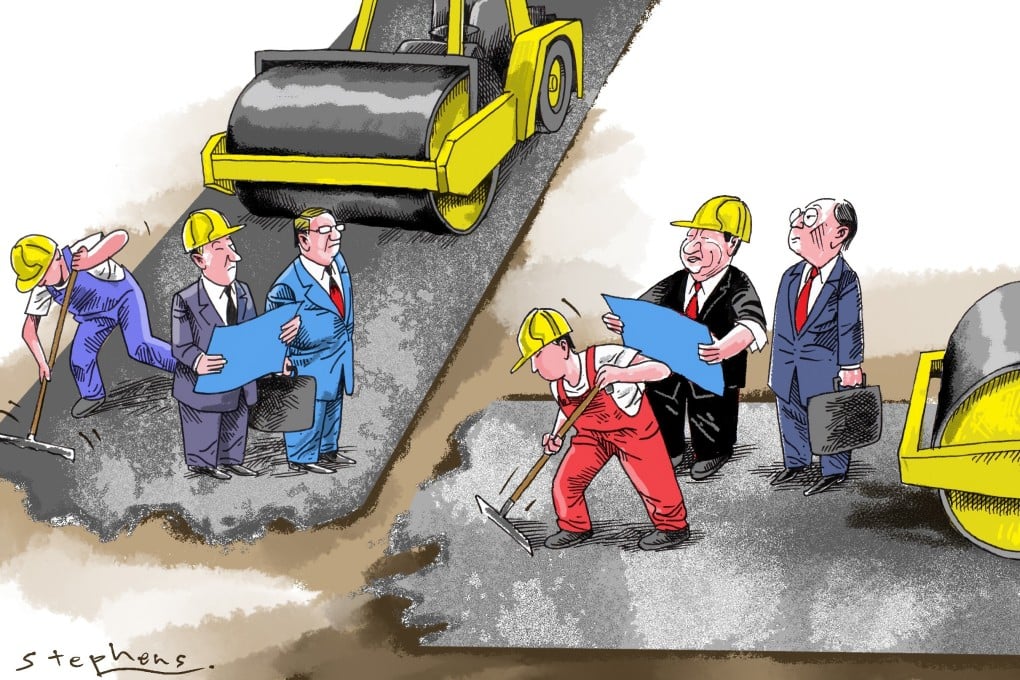Opinion | How the West can best respond to China’s belt and road
- Competing with China dollar for dollar is pointless as Chinese banks and state-owned firms are driven by different concerns than their Western peers
- Building up governance capacity in developing countries will help them better manage and push back when Chinese firms step over the line

It is not the first time the G7 and its individual members have targeted the initiative, but it is unclear what they would offer instead. Rather, the project has become a whipping boy in the broader geopolitical confrontation with China.
Some will take China’s strategy at face value and do not care much about the requirements that follow, interpreting them as equal to Western nations’ requirements.
This is a crucial point to consider; while Western powers might attach a certain set of values to Chinese investments, this is not necessarily how they are seen. Most developing countries will accept investment wherever it comes from, and have such deep needs that they will take what appears to be the best value.
That is why competing with China dollar for dollar is pointless.
